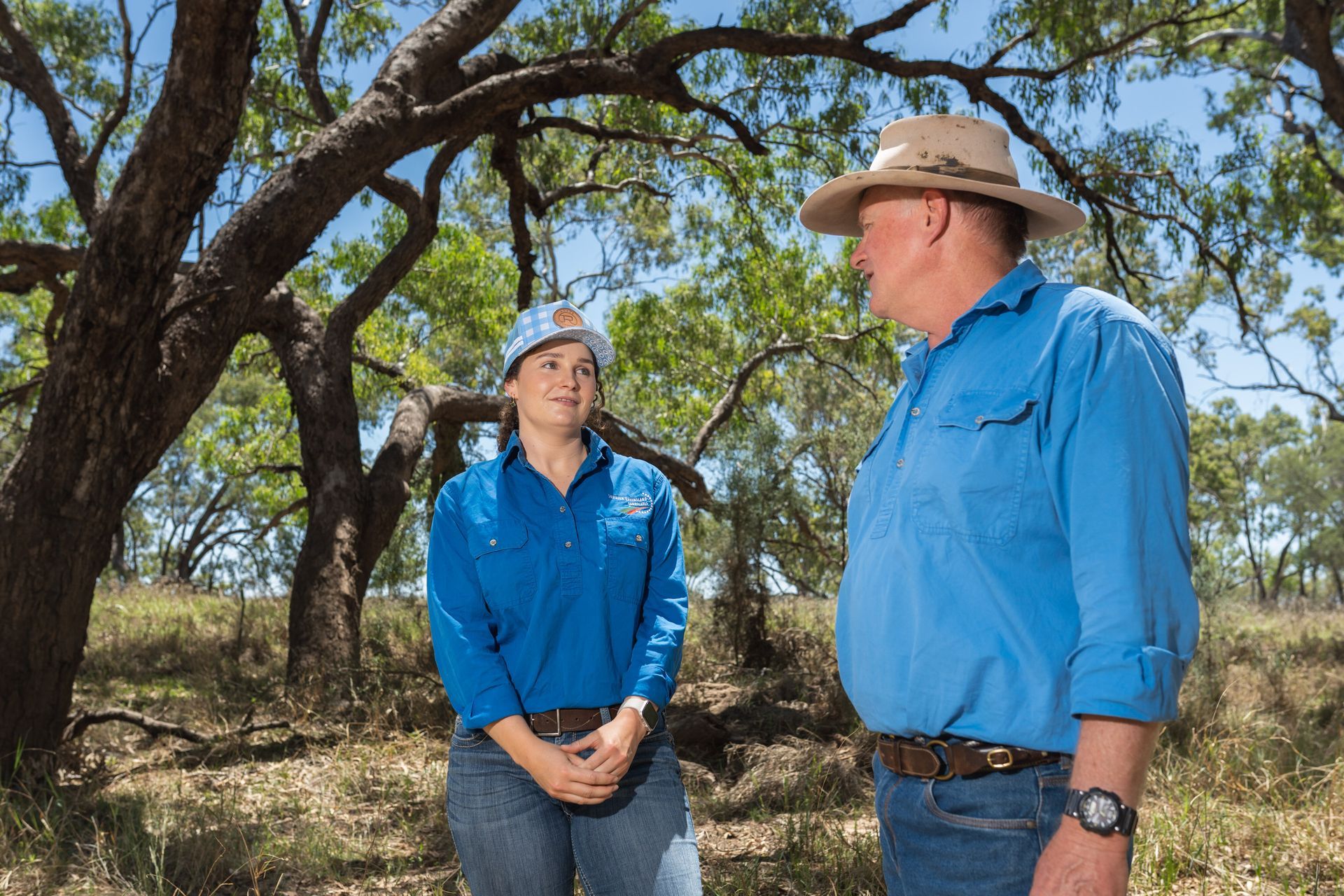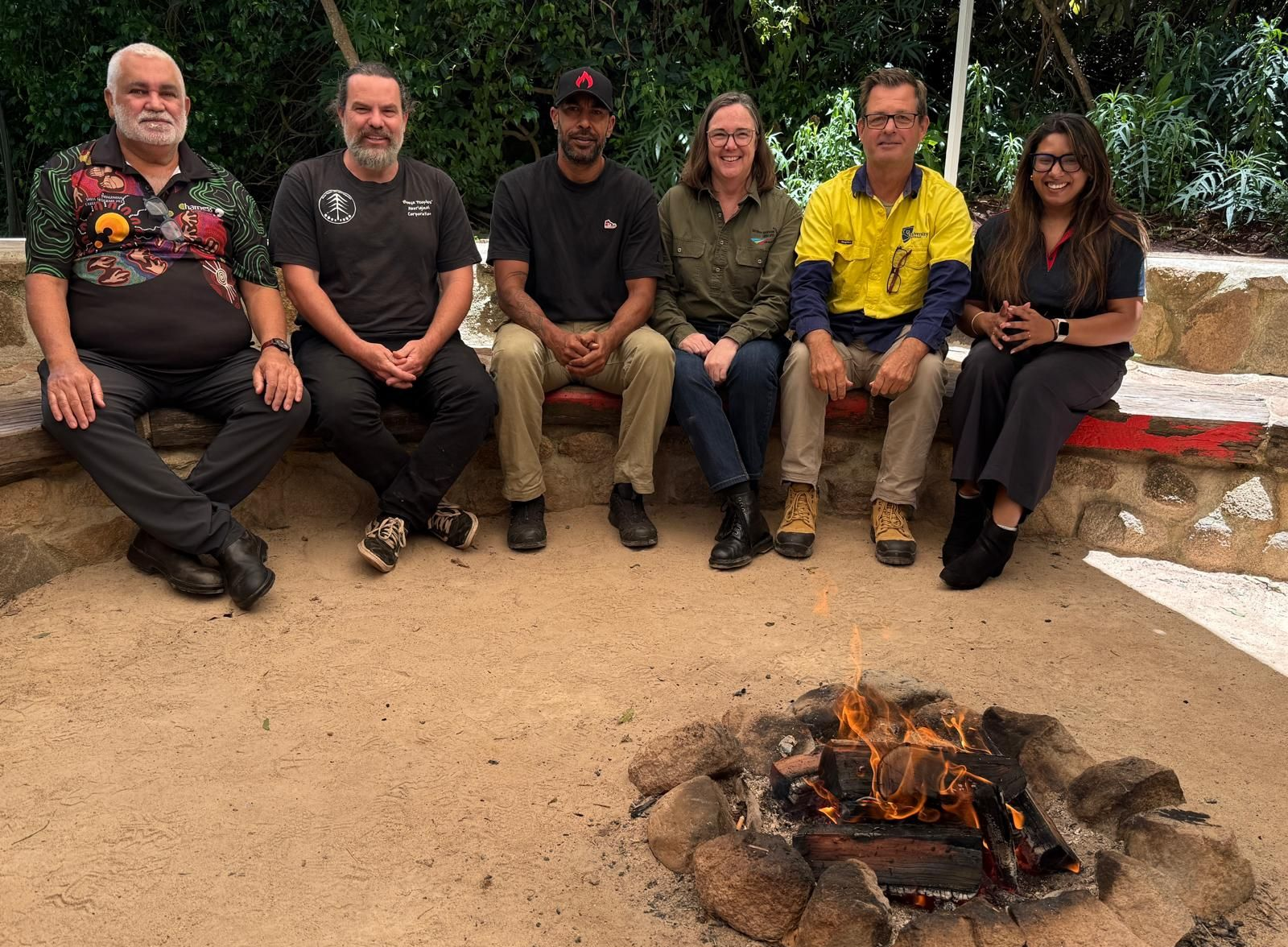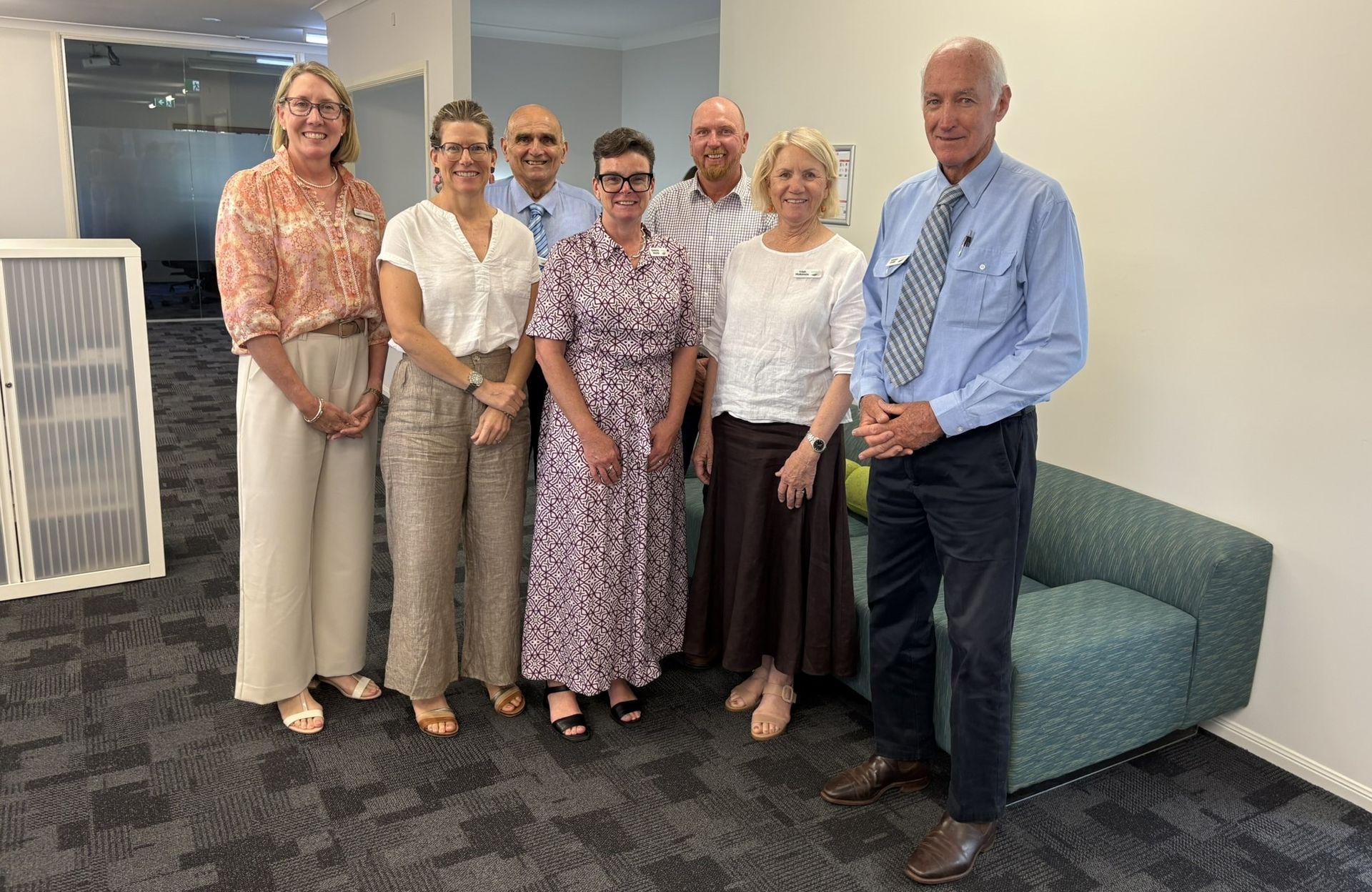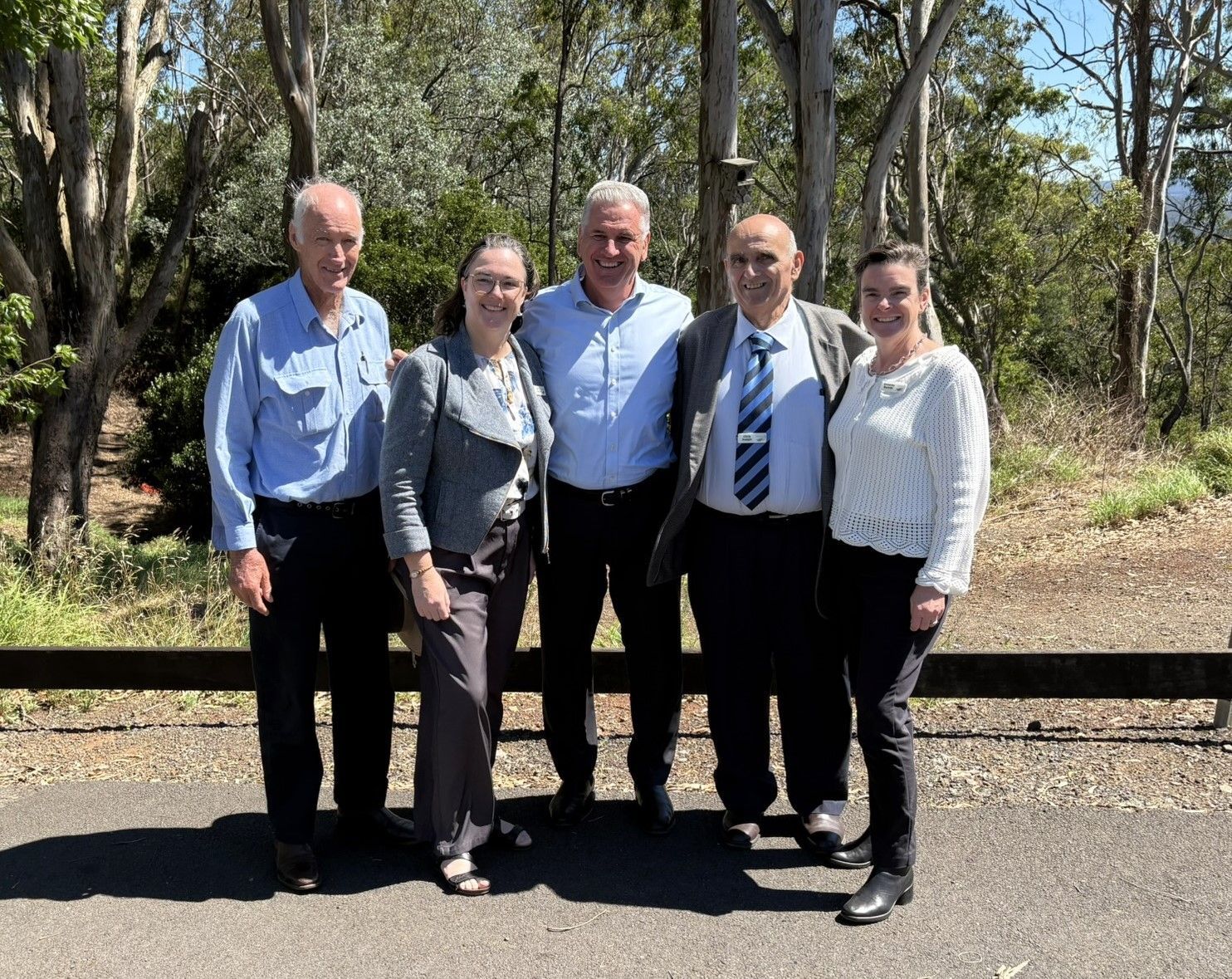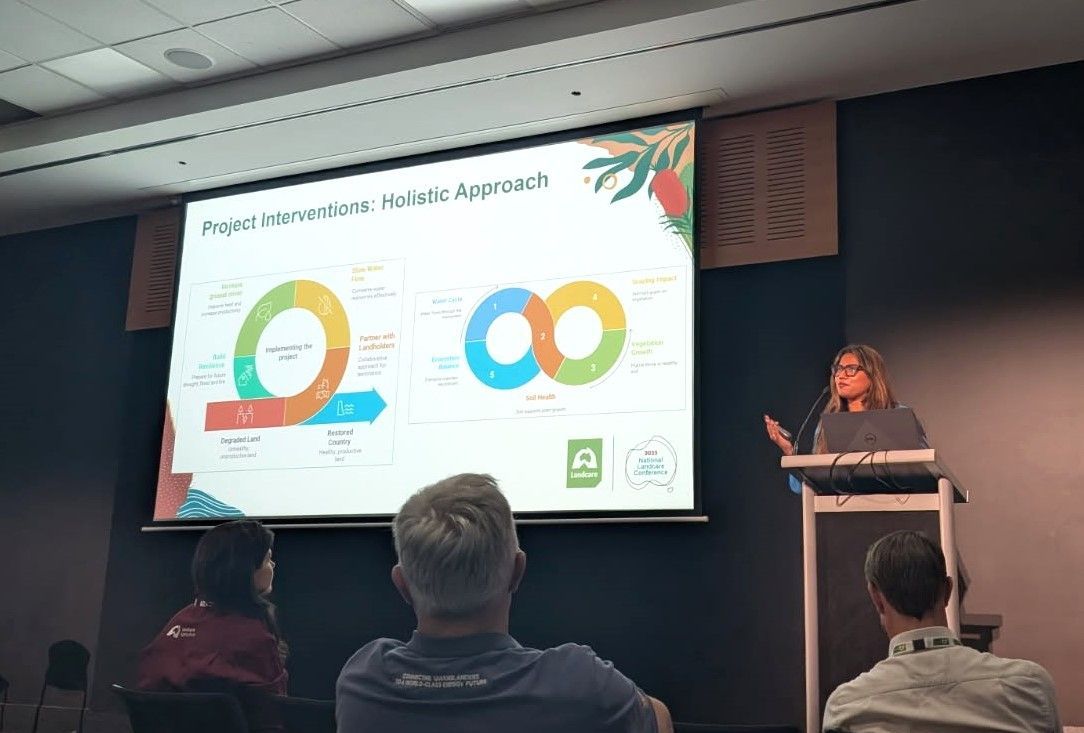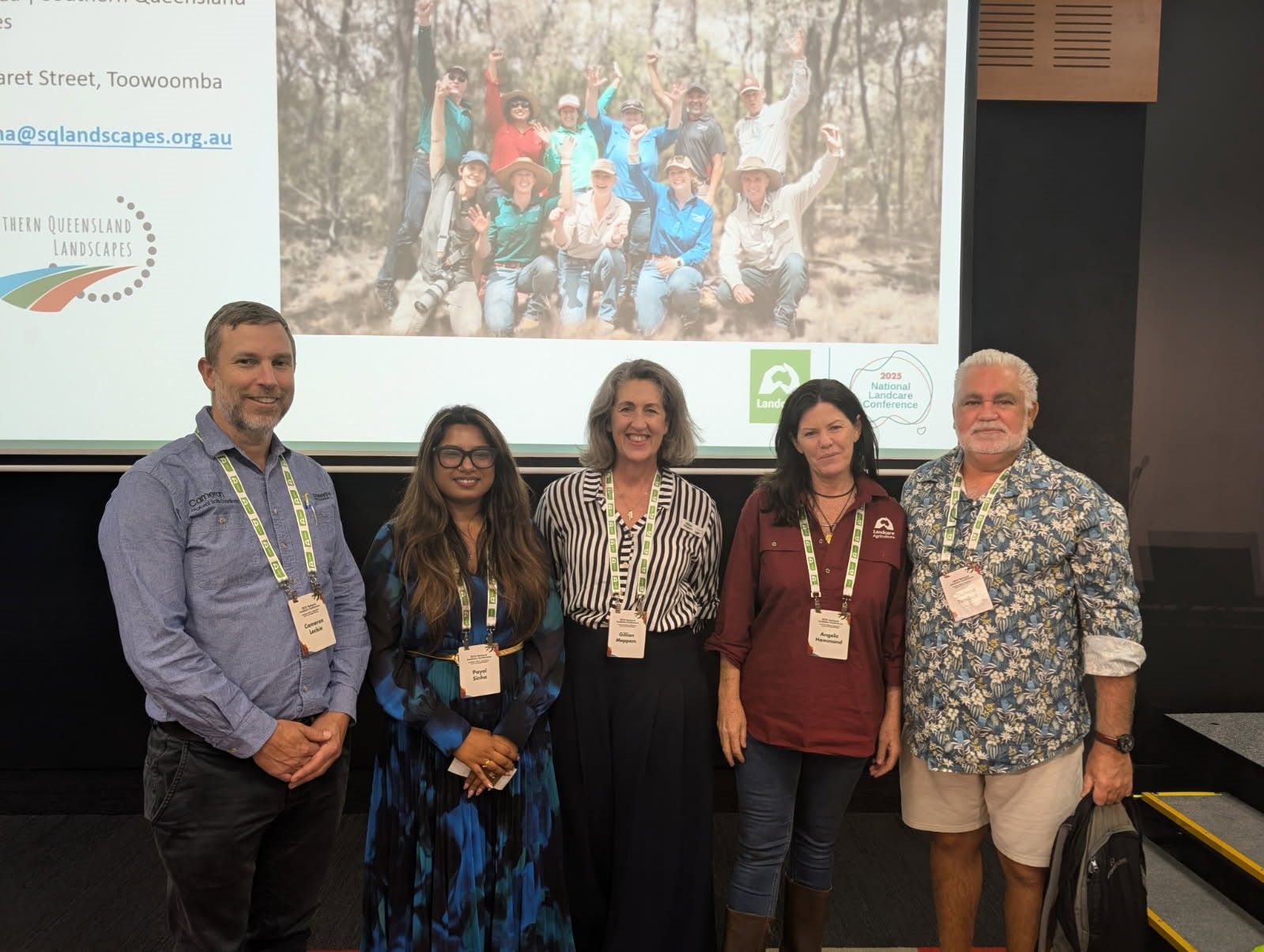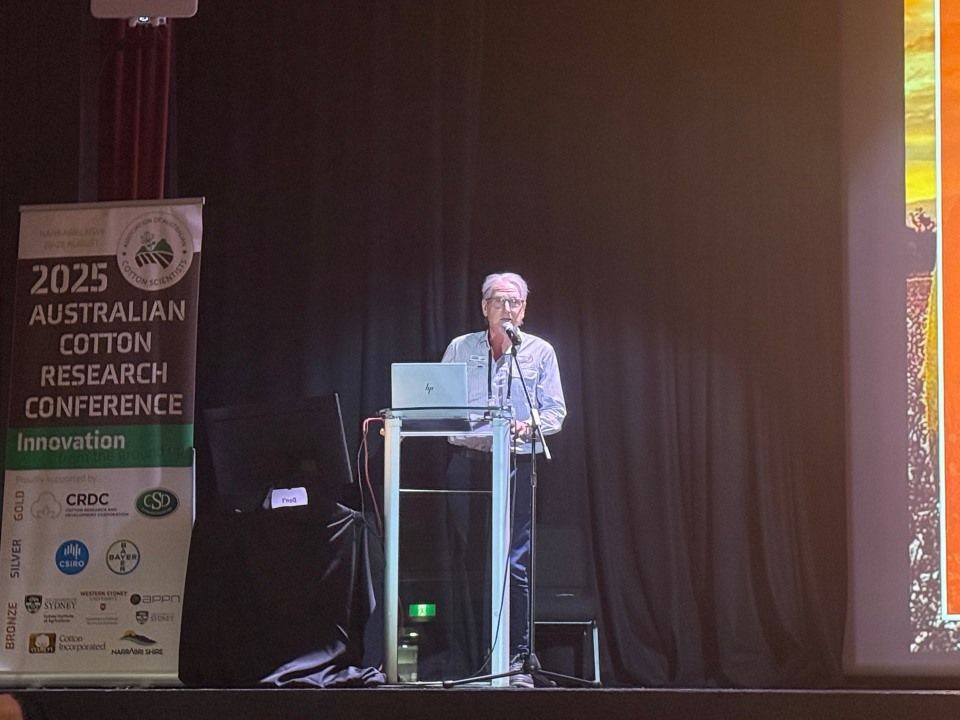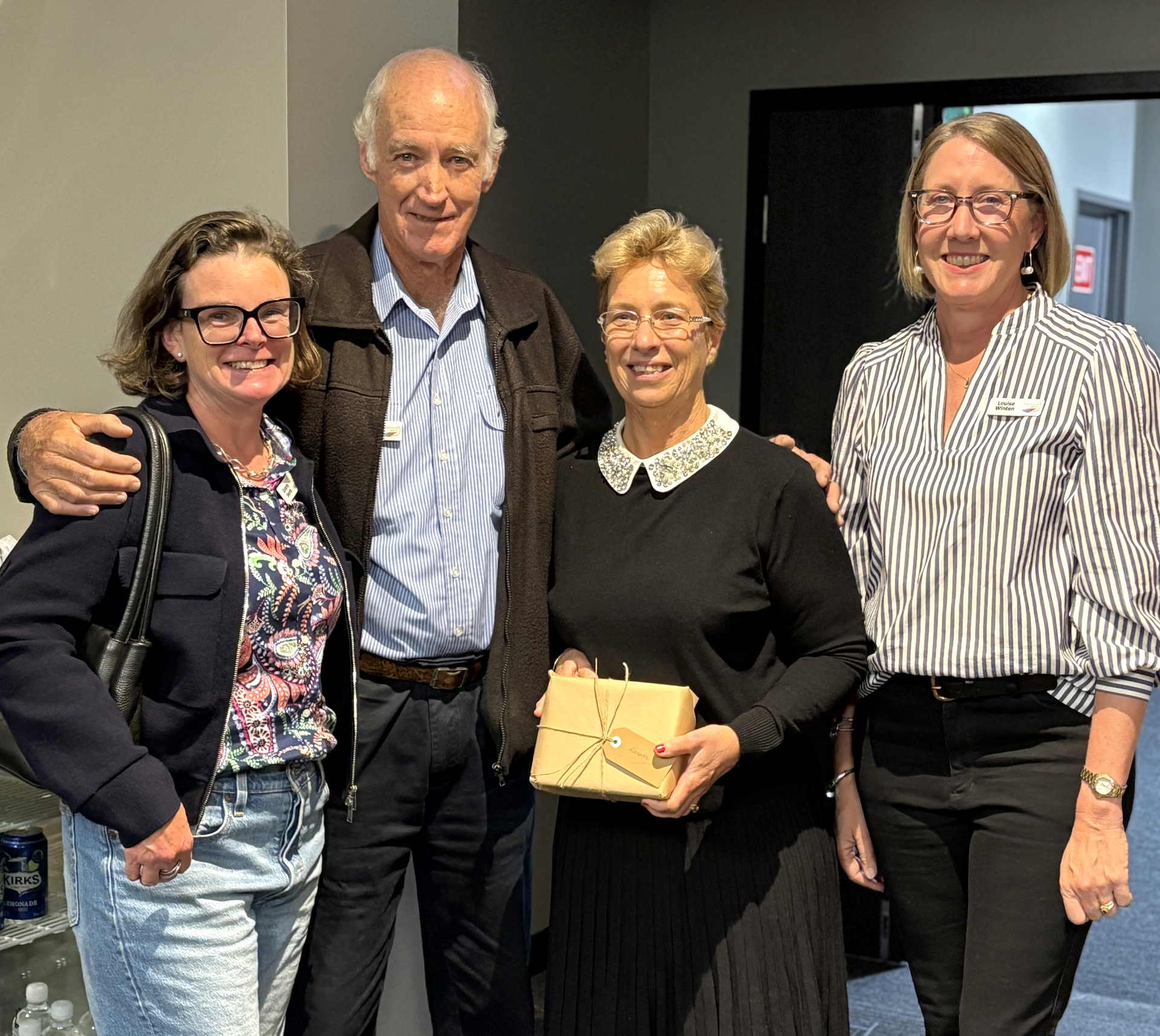Mental health issues are on the rise, but you don’t have to suffer in silence.
That’s the message from New Access, which is a free and confidential mental health coaching program developed by BeyondBlue and delivered by Richmond Fellowship Queensland (RFQ).
RFQ Senior Manager Lisa Inger said the program is for anyone feeling stressed or overwhelmed or impacted by everyday life issues such as work, study, relationships, health or loneliness.
“At your first appointment with your coach we will complete an initial consultation with you and develop a plan tailored to your individual needs,” Lisa Inger said.
“It’s a confidential, client-centred approach that we hope empowers clients to use practical strategies and tools to get through whatever mental health challenges they may be facing,” Ms Inger said.
“Our coaches sit down with the client through guided discovery to gather a shared understanding of what the client is going through, how it impacts them, and what they want to see in the future,” she said.
“Offering these services can be a crucial first-step for people who may feel anxious about addressing challenges in their lives, and these services are free and accessible to the whole community.”
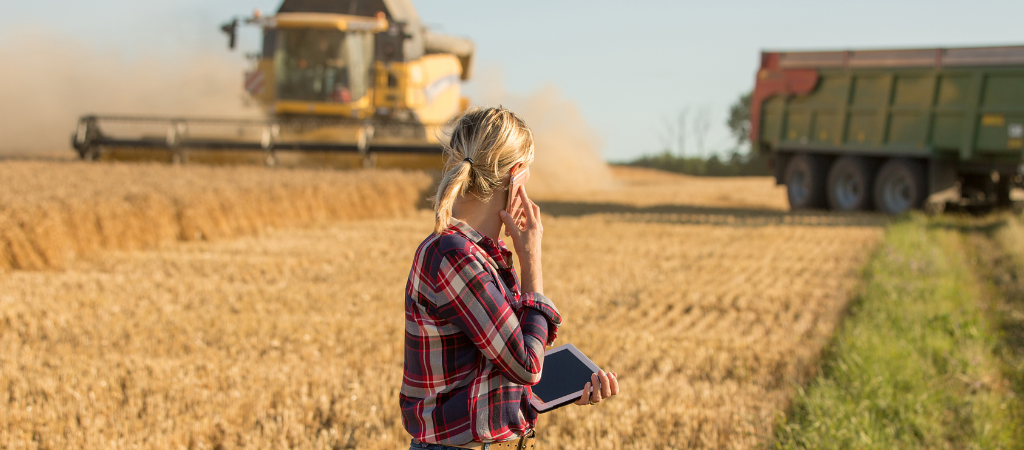
“Offering these services can be a crucial first-step for people who may feel anxious about addressing challenges in their lives, and these services are free and accessible to the whole community,” Lisa Inger said.
Mental health issues are a common challenge in many communities that can impact all aspects of people’s lives, making it a challenge to address.
“There’s really a lot of different types of stressors in all sorts of areas like one’s work or relationships, or due to being over-extended personally or professionally,” Lisa Inger said.
“Changes in employment or unemployment can be a stressor, or perhaps recent injuries, illnesses or family circumstances that can lead to understandable distress,” Ms Inger said.
“Other aspects of life such as housing or study can also impact people’s mental health, so we’d really like to remind everyone that anyone can suffer from many different challenges and it can be more common than you might think,” she said.
“What’s important is recognising that everyone undergoes stress, but they don’t have to do it alone.”
While many organisations like RFQ are attempting to raise awareness and reduce stigma on mental health, Ms Inger said there’s many barriers which hinder their ability to reach those needing help; particularly in regional communities.
“Rural communities go through significant stress, but despite that there’s several major challenges involved with helping them, even as simple as reaching these communities,” Lisa Inger said.
“You can have a rural community that is not well supported and hard to reach, and it can be challenging to get word to them of the support that is available particularly if using media or communication channels that are inaccessible or unreliable for them,” Ms Inger said.
“It’s also a conundrum because some types of media that are easiest for many other communities might not be meaningful for rural communities, so we have to be very strategic about how we can get the message out there,” she said.
“There’s also the challenge of helping communities recognise that it’s okay to seek help; that you don’t have to do everything on your own; unfortunately there is a stigma in many communities, not just rural, that can be a barrier for people to reach out when they recognise they need help.”
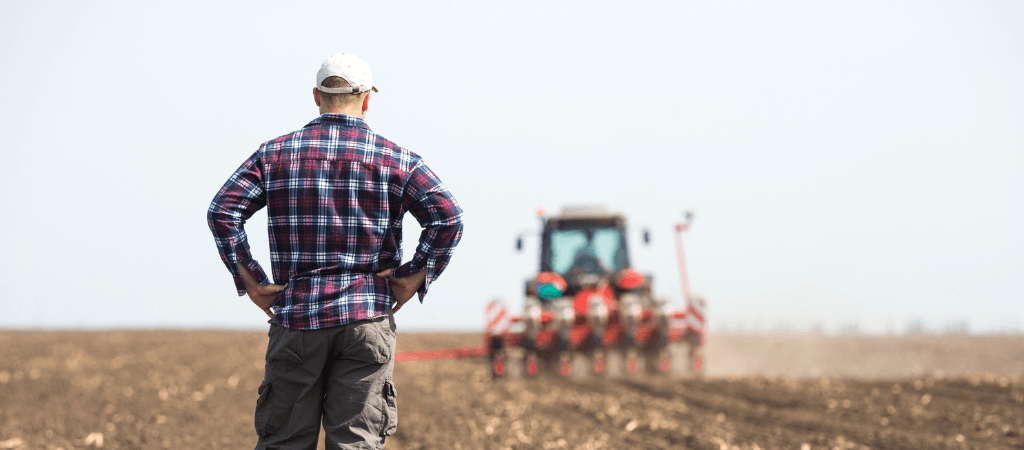
“What’s important is recognising that everyone undergoes stress, but they don’t have to do it alone.” Lisa Inger said.
Ms Inger believes that the broader community has a role to play in recognising mental health around them and that early intervention is an important step to take.
“Being able to help those around us is quite profound, and it really is all about recognising the signs as you see them,” Lisa Inger said.
“Having a supportive community that reaches out to one-another can be a powerful way to break down that stigma, so recognising even seemingly benign issues like trouble sleeping or people disengaging from their life or work, spending lots of time worrying…these can all potentially be related to a larger issue that we can guide people through,” Ms Inger said.
“Avoiding things they used to enjoy, a lack of concentration…perhaps eating patterns or routine changes…these are all common traits you might see and what’s important is to encourage those around us who might be experiencing these warning signs to reach out early,” she said.
“The great benefit of our program is that we have a no-wrong-door approach; in the first sitting they will get an understanding of what’s going on and if they don’t feel right about something, we can link them to a more appropriate support service…we won’t leave anyone out to dry.”
With added stress on rural and regional communities from extreme weather events, people in these communities can be more exposed to developing mental health concerns.
“While all communities will face mental health challenges, regional communities face particularly unique stressors that really impact them,” Lisa Inger said.
“Environmental factors are a considerable contribution with the likes of disasters such as floods, drought…extreme weather events; these all impact small communities the most,” Ms Inger said.
“Small business owners are also impacted quite strongly, due to the stress involved with running a business, which is why NewAccess have particular programs for them,” she said.
“Services like this can help with a variety of issues; from the flow-on effects of COVID right down to the financial stresses many business owners are currently going through.”
Services offered by RFQ are available to all through their website or via the Beyond Blue website.
Ms Inger hopes that by offering free and accessible services, more Australians will take the first step in reaching out to seek help.
“Ultimately what’s most important is to reach out; no problem is too small to ignore,” Lisa Inger said.
“This is a completely free program and no GP referral is required,” Ms Inger said.
To check out your eligibility visit:
https://www.rfq.com.au/service/newaccess/
Or email
new.access@rfq.com.au

